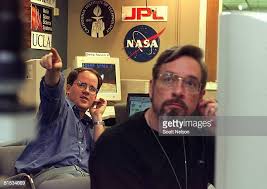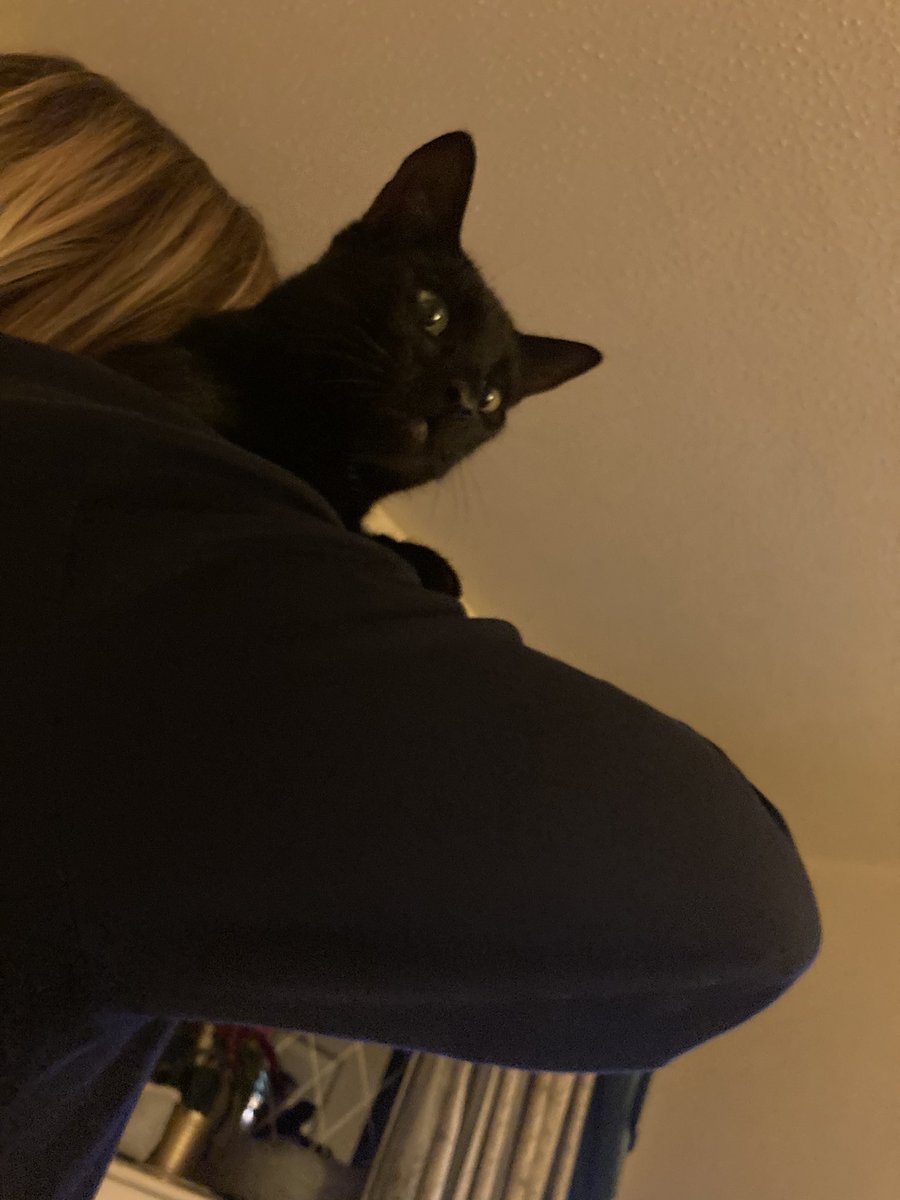
So a final thread from me as your host today: some top tips on how to write for a popular audience about complicated subjects #space #science #writing #storytelling 

The essence of any good communication is simplicity. It’s the same in print, television, radio, online, or attaching notes to carrier pigeon’s legs.
In the sixties, a Granada current affairs show set the template for using a visual medium more effective: it was pioneered by a remarkable fellow called Tim Hewat, a flavour of whose personality is here: theguardian.com/news/2004/dec/…
Up to this point, most television in this country had been akin to putting radio on television: most of it was beyond parody though this from Harry Enfield is spot on -- the patronising smug tone that meant the BBC was nicknamed "Auntie" --
And take a look at the longest running TV show as it then appeared:
(Patrick was a brilliant broadcaster. The point I am trying to make is the medium was not exactly groundbreaking in the visuals department)
(Patrick was a brilliant broadcaster. The point I am trying to make is the medium was not exactly groundbreaking in the visuals department)
And then came World In Action - compare this with the parody earlier -
WELCOME TO THE WORLD OF VISUAL STORYTELLING
WELCOME TO THE WORLD OF VISUAL STORYTELLING
Tim Hewat also talked about his approach in this wonderful documentary: that television is a visual medium and to use it effectively, you need to grab people by the eyeballs. Just start watching from 6:44
Tim Hewat was an Aussie born in New Zealand – which I suspect has a lot to do with it. He was happy to take on any subject. And as the Granada documentary shows, he regularly took on the bureaucrats......
One of the greater compliments someone on here paid me was; “You are an honorary Australian”, because I am not one for pomposity, whining nor indeed Over-intellectualised Horseshit™
Granada in those days was incredible btw with people the calibre of Brian Moser, who was the first person to know Che Guavera had died, and in more recent years, Paul Greengrass who made the most recent Jason Bourne films bigissue.com/culture/film-t…
So back to science in any medium - but here with reference to showing it on television.
MAKE IT SENSABLE*
* That isn’t a typo.
MAKE IT SENSABLE*
* That isn’t a typo.
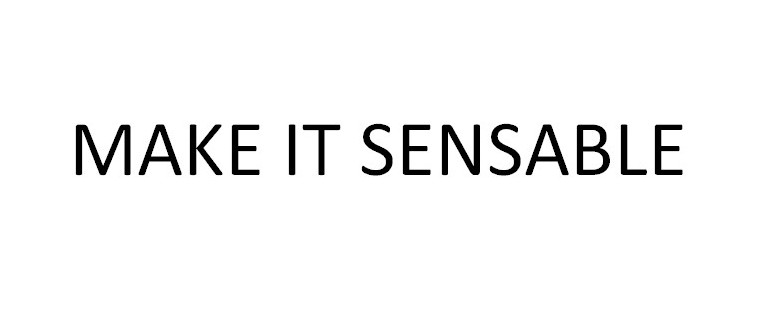
What I mean by that is: vast numbers and abstract concepts have no meaning to most people. It makes no sense to them; the only way they can "understand" it is to have it turned into something you can sense.
When I was eleven, I read "Watership Down" which is still one of my favourite books. It has some great nonsense in it one of which is “Rabbits can only count up to five”. Anything above that was hrair, or infinity 
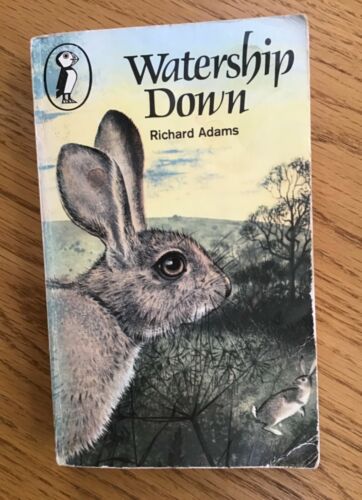
I was also a big fan of the George Gamow Mr Tompkins books and also "One, Two, Three Infinity"... which is still one of the most lucid books on science I have ever read 
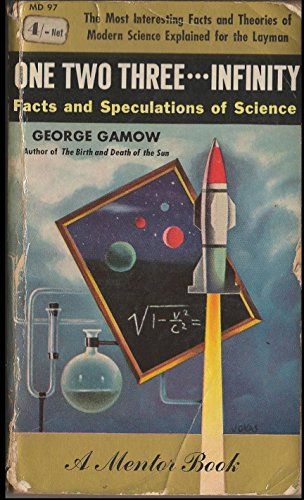
And one book I am really chomping at the bit to read is this
Paul is one of the best writers on physics plying his trade today: I cannot praise his books too highly, and I say that as an apostate and failed physicist
https://twitter.com/phalpern/status/1358526985727787029?s=20
Paul is one of the best writers on physics plying his trade today: I cannot praise his books too highly, and I say that as an apostate and failed physicist
Most people aren't numerate. Indeed most people are SCARED of mathematics because they either do not understand it or simply even see what math is all about. For scientists and engineers, that forms a fundamental problem in explaining what you do 

The point is this: if you say a launch velocity is 17,500 miles an hour, it doesn’t mean anything. If you say 7 miles a second, it does. That's from here to the next town in the blink of an eye.
What you are also doing when you are explaining something - making it understandable - is providing context. You are adding meaning to what you are being told.
If you say there is a resonance frequency is at 15MHz, what does that mean. Is it a good thing? A bad thing? Was it a surprise? Or did it confirm what you were thinking when you did the work?
Now - what are the three words in the English language that make something three times more complicated or expensive or brain-numbing? 
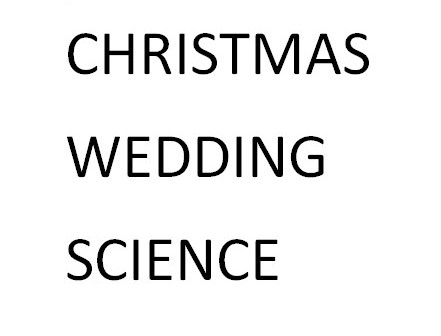
For reasons which I don't know why, many technical people make something heedlessly more complicated than they need be. I suspect it's partly because they are taught how to write scientific papers and technical reports. 

When you are writing something for a popular audience you are trying to distil it down into something easy to understand. I always use the example of the London Underground to explain. 

In a scientific paper, you are presenting a cogent, detailed thread of every tube stop you take: from West Acton to Ongar and every station in between. It is exhaustive and is detailed...... and for most people, way beyond their comprehension 

Writing at a popular level .... you need to go from Oxford Circus to Leytonstone as quickly as you can and in one go 

All storytelling is about compression: you have to throw away most of the material to get the thread of the narrative down. To many scientists, this causes conniptions and attacks of the vapours 

One sentence you hear a lot if you have ever reported science is: "But it's more complicated than that." To which I would always say: "I know it is. I am trying to simplify it."
What I am trying to do is to either show the story or tell you. And in those two verbs hangs another difference of how you tell a story. 
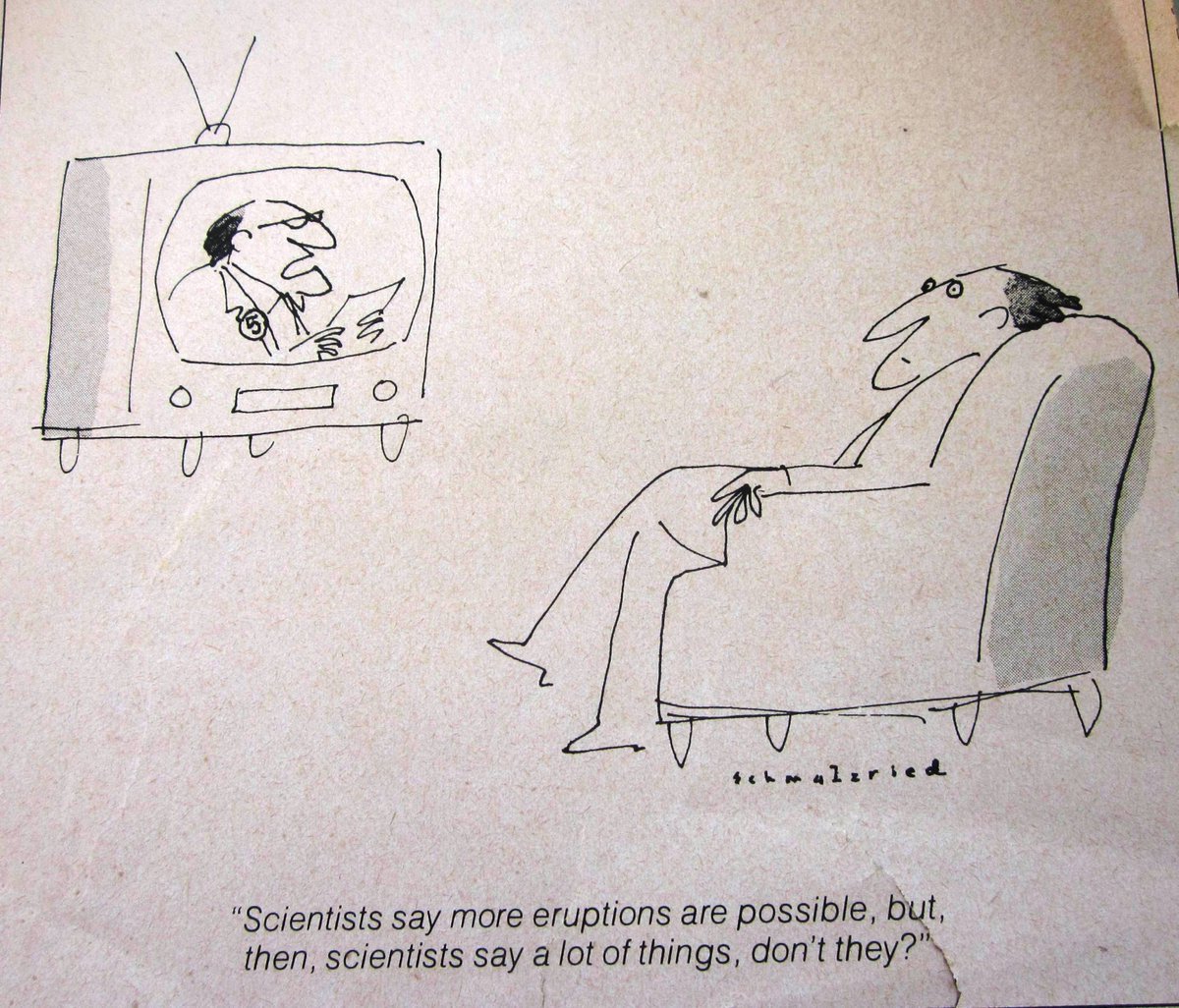
Here is a very graphic example. In an article, you can talk about the post office and what its statistics are and how that affects government policy. If you want to make a film, you show what happens to one letter 
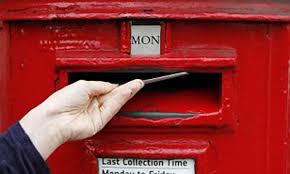
And that was what the legendary John Grierson did in The Night Mail – and yes, as ridiculous as it seems, the Post Office had its own film unit in those days
player.bfi.org.uk/free/film/watc…
player.bfi.org.uk/free/film/watc…
Space is quite easy because you have great visuals. And I am old fashioned: I don’t want a presenter yammering away, a voice over will do me fine. And always write to picture.
Always know your audience. It’s as true on here as it is in journalism, in writing and any form of storytelling. And if your audience is actually yourself, then that’s what is known as singing in the bath 
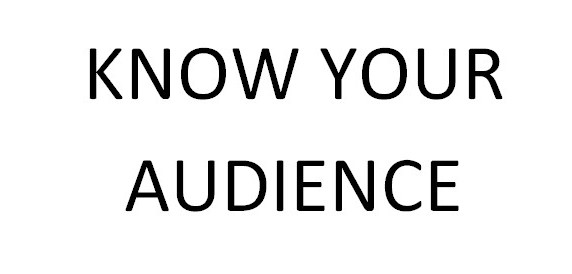
I recently did a thing for the @absw along with the very fabulous @wekesperos and @martinangler about using different techniques in scientific storytelling - and in a moment will start tweeting some stuff we did
Before I do, buy Inga's new book. It is sensational. I have yet to read it because my wife keeps hiding it and has read it twice. It is that good. lep.co.uk/arts-and-cultu…
Not everyone thinks in the same way, nor do they write in the same way. What he expertly does is go through all the different ways that people can use to tell a story - as technical people usually need process and diagrams
Now if you think I am being a grouch about scientists and engineers, wait til I start on "creative writing courses" - but Martin can certainly guide you on the subject as to what might work for you -- martinangler.com
So some final thoughts. I don't follow football, but if I read in the paper "The centre forward was offside in the penalty area so the goal was disallowed", I have a rough idea of what that means
(Shown here and the three body problem, too)
(Shown here and the three body problem, too)

If you are writing about science for a popular audience, even before you begin you have to explain what THE STADIUM is even before you get down to the players on the pitch 

If you write about science for a living, every day is akin to the trials of Sisyphus - him who the gods tortured by making him roll the rock up the hill 

When you come to write about the same subject again at a popular level, you have start from the bottom again. There is no building up and then moving on in a newspaper - though obviously in a podcast or a series there is 
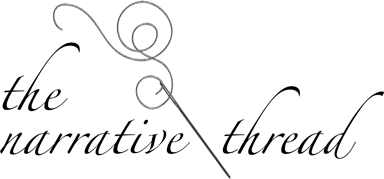
Radio and podcasting is often better suited to other forms of stories purely because you can often describe abstract concepts better - and the listener is drawn in. 
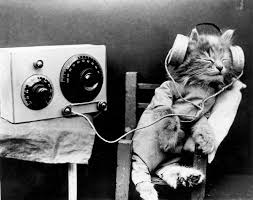
As regards social media, I mainly just ponce about tweeting pictures of cats, rudery and things that make me laugh. If you want to know how to use social media in science and space storytelling, look no further than @SpaceKate 

Kate has worked in many different media - especially radio - and especially social media - look at her site and how many astronauts she has met spacekate.com 👍👍👍 
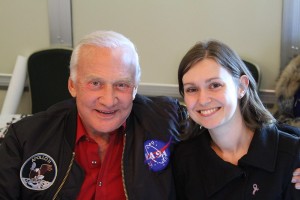
One final set of thoughts. If you find it hard to write, record what you want to say. You are not giving a lecture, so find somebody you know who is non-technical and explain to them what you are trying to say
Then use something like rev.com to transcribe, and voila, there you go. That bestseller is yours to write!
So - I hope that this thread helps - because as we have seen in the last year, the world sure as shit needs to better understand science and if you can do that, then you are doing something worthwhile
And above all else: remember to enjoy it. I know I have. And thank you for listening. I hope it has been of some use! 







• • •
Missing some Tweet in this thread? You can try to
force a refresh





